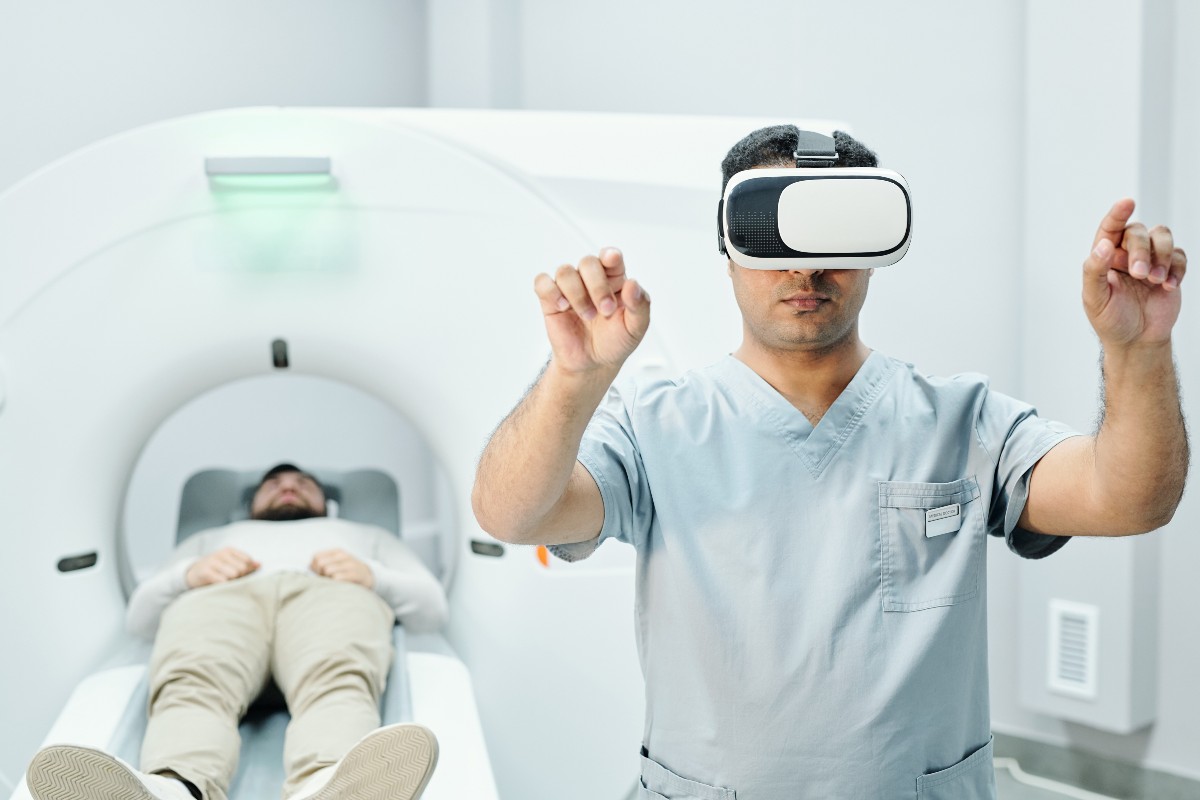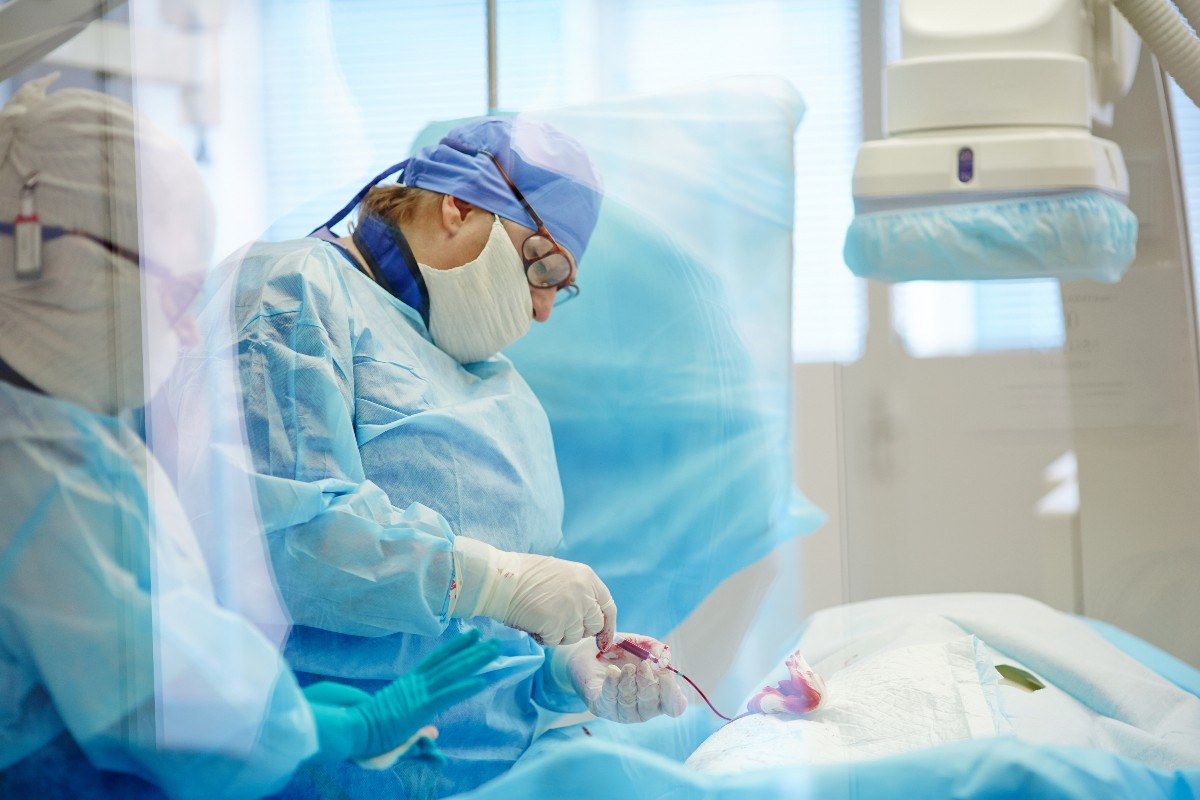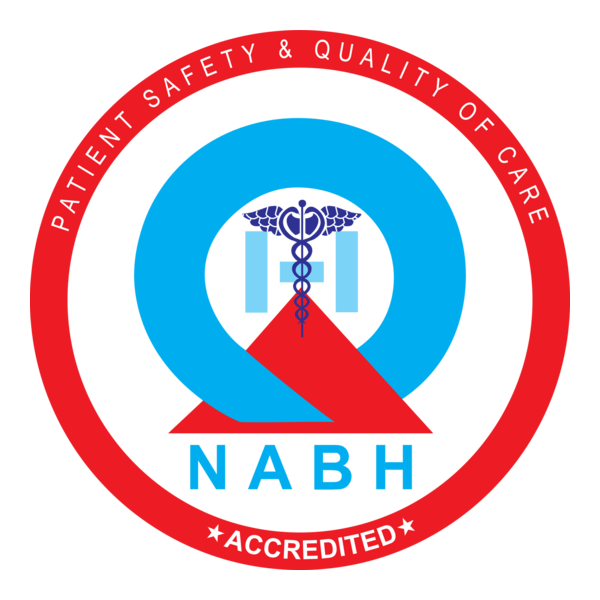PCOD/PCOS
What is PCOS ?
In each menstrual cycle, follicles grow on the ovaries. Eggs develop within those follicles, one of which will reach maturity faster than the others and be released into the fallopian tubes. This is “ovulation”. The remaining follicles will degenerate.In the case of polycystic ovaries, however, the ovaries are larger than normal, and there are a series of undeveloped follicles that appear in clumps, somewhat like a bunch of grapes. Polycystic ovaries are not especially troublesome and may not even affect your fertility.
Healthcare services
PCOS AND ACNE:
Acne is a common symptom of polycystic ovary syndrome. It is an inflammatory skin disorder that involves interactions between hormones, hair, sebaceous (oil-secreting) glands and bacteria. Women with PCOS are susceptible, possibly due in part to excess levels of androgens (male sex hormones) in the skin. Teenagers are also susceptible around the onset of puberty due to an increase in the production of androgens. This androgen, a metabolite of testosterone, is called DHT.
It is thought that DHT stimulates the production of oil, which eventually can lead to clogged glands or pores. Clogged pores can no longer release oil and allow bacteria to grow and multiply in the follicle, leading to inflammation. Enzymes from this bacteria breakdown triglycerides in the sebum (oil) to form “free fatty acids” that further irritate the follicular wall. Rupture of the follicle, accompanied by the release of free fatty acids, bacterial products and keratin, results in an abscess that heals with scars in severe cases.




Healthcare services
PCOS AND MISCARRIAGE:
The first symptoms may be vaginal bleeding or discharge, sometimes accompanied by abdominal pain or backache. Vaginal bleeding in early pregnancy is called “threatened miscarriage”, but doesn’t necessarily develop into an actual miscarriage. Many women will go on to have a normal pregnancy.
Additional early signs are that you may notice that pregnancy symptoms such as nausea or sore breasts disappear, whether or not there is bleeding. Or, you may not have any bleeding or any other sign that something is wrong, but discover that your pregnancy has ended only during a routine antenatal scan. This is called a “missed miscarriage” or “delayed miscarriage”. Another but less common symptom is severe and sharp or one-sided abdominal pain. In this case, you may have an ectopic pregnancy, which develops outside of your womb. Anytime you have severe abdominal pain, contact your physician immediately or go to the nearest emergency room.



